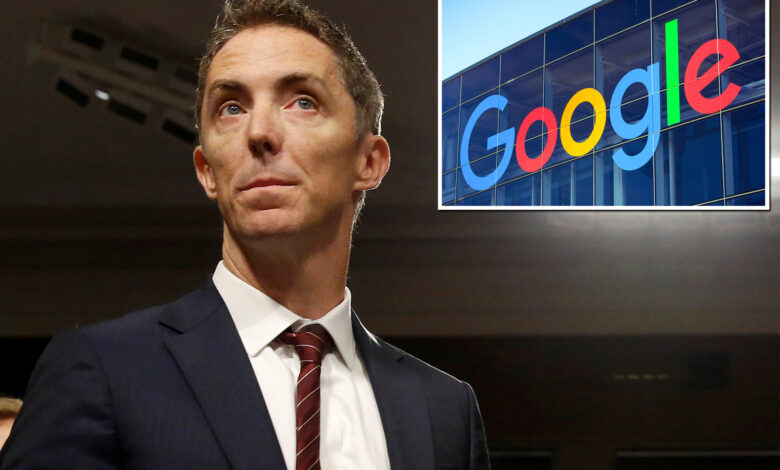Google privacy chief Keith Enright to exit, won’t be replaced

Google’s longtime chief privacy officer will leave the company this fall and won’t be replaced — even as the Big Tech giant contends with a wave of leaks and user security concerns.
Keith Enright, a 13-year veteran, was responsible for leading the team that safeguards user data and implements security policies across Google’s sprawling empire.
He will reportedly exit in September.
“After over 13 years at Google, I’m ready for a change, and will be moving on this fall, taking all that I’ve learned and trying something new,” Enright wrote in a lengthy LinkedIn post confirming his exit.
“I’m incredibly proud of the team we built, and the work we did to keep billions of people around the world safe and in control.”
News of the well-liked Enright’s looming departure reportedly came as a “shock” to Google employees when they were first informed in mid-May, one staffer told Forbes, which first reported on the move.
Google said the decision was part of a broader restructuring at the company that involved shifting privacy responsibilities to individual product teams.
“We regularly evolve our legal, regulatory and compliance efforts to meet new obligations and expectations. Our latest changes will increase the number of people working on regulatory compliance across the company,” a Google spokesperson said in a statement.
Earlier this week, leaked internal documents obtained by 404 Media revealed a series of privacy breaches at Google between 2013 and 2018 — including improper collection of children’s voice data, recorded license plate numbers and car pool routes.
Google told the outlet the incidents were resolved and the data purged.
Google also recently contended with a leak of approximately 2,500 documents related to its search algorithm, some of which contained details that contradicted past company statements about how search rankings work.
The company confirmed the leak’s authenticity but said the documents lacked context.
In December, Google settled a massive $5 billion lawsuit over allegations that it improperly tracking the personal data of millions of people who used its Chrome browser’s incognito mode.
Enright first took over the role in 2018.
That same year, he and representatives from other tech giants faced a grilling by members of the Senate Commerce Committee regarding their efforts to safeguard users.
“We acknowledge that we have made mistakes in the past, from which we have learned, and improved our robust privacy program,” Enright said at the time.
With Post wires




